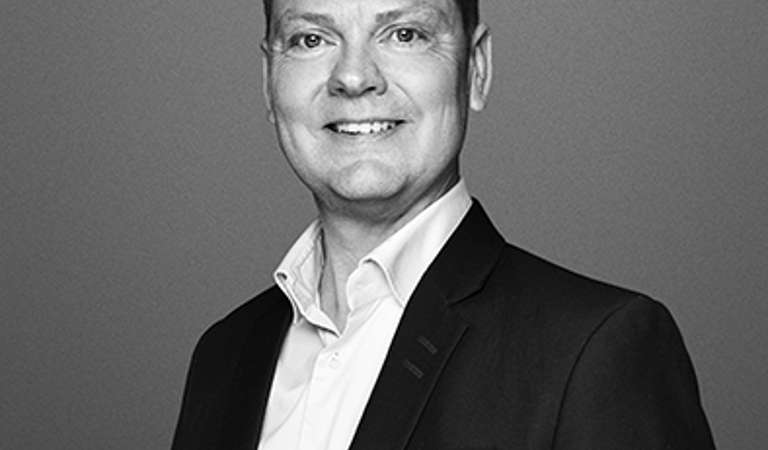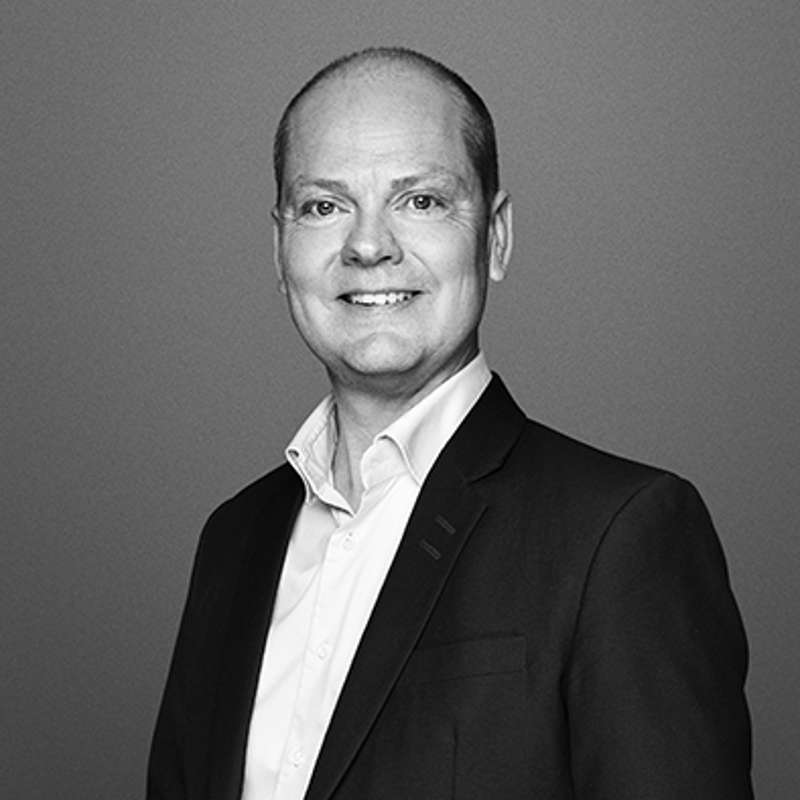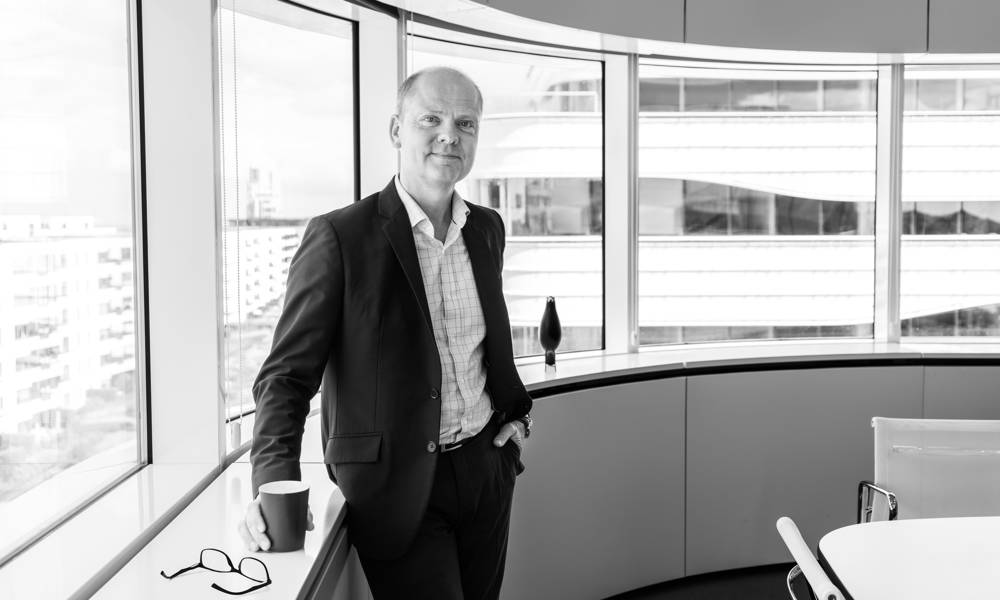Working with payroll, you can impact the future. As it is, payroll is one of the most important functions in a company, while at the same time being an area that doesn’t attract much attention – and therefore you are well positioned to implement some of the changes that many of us dream of.
This was one of the key messages at the book reception for ‘Din guide til lønprocessen’ ('Your Guide to the Payroll Process' – only available in Danish) by Partner Henrik Schøtt Kjærgaard from Basico. Together with futurist Anne Skare Nielsen, he presented us with some of the challenges and possibilities faced by the payroll area.
Move to the right side of the future
On Sunday 3 September 1967, Sweden changed lanes. Swedes were now to drive on the right side of the road, and those who hadn’t adjusted to the change suddenly became ghost drivers because they did as they used to.
Figuratively speaking, we are all faced with the same challenge now according to Anne Skare Nielsen. We need to move to what she refers to as the right side of the future, because if we are driving on full throttle according to the old paradigms, we will constantly be hit by oncoming crises and problems.
This also applies to the payroll area. Because it is, among other things, by means of payroll that all the things we want become specific.
And time has overtaken some of the old ways of thinking about wages and salary benefits according to Anne Skare Nielsen. That’s why you, as a payroll officer, hold the key to moving payroll to the right side of the future.
Intelligent money
A value-based paradigm shift is happening which also affects the payroll area. On Anne Skare Nielsen's trend cards, for example, it says under the heading stupid money ←→ intelligent money:
"Money will become 100 per cent digital and change in nature. Just as e-sport isn’t sport with electricity, digital money isn’t money as we know it. Money will become a training and management tool, so that we can, for example, agree with it what it can be used for – and it will be able to find its way on its own to where the greatest value is created."
Because when money becomes digital, we can give it a conscience. When we spend our money on good deeds, it can increase in value – and correspondingly it can decrease in value when we spend it on something bad or on something we don’t want to spend it on.
A value-based paradigm shift – also in payroll
The major change in the value-based paradigm shift we are undergoing is the transition from more to better.
The ways we have been used to thinking about wages and salary benefits are becoming outdated. Because we are set in a way of thinking saying that the only adjustable parameters are more spare-time and more money. But there are plenty of other possibilities.
Does it make sense, for example, to retire at 68 if the average life expectancy is 100-120 years – or should it be possible to take breaks along the way before we are worn out? And should parental leave automatically be in accordance with the number of children you have, or should the employer not interfere with people’s use of their parental leave and just say "oh well" if an employee wants to take leave with his or her inner child or hamster?
And who should own our master data in the future? As we change jobs more often – and may even have only short project employments – it seems unnecessarily expensive and cumbersome to move one's pension scheme with each change of job. Could it be a solution if we – rather than our workplace – were the owners of our pension schemes and master data? These were just some of the questions that the participants were asked to consider based on Anne Skare Nielsen's trend cards. And the conversation was animated at the tables.
Perhaps hamster parental leave has not been introduced at your workplace yet, but it is, after all, evident that something is undergoing rapid change – and that, if you work with payroll, you can help make people's dreams come true.

Do you need sparring about your payroll process?
Basico can, among other things, help you get an overview of the entire end-to-end process, define where the interfaces and approvals are placed, and assess whether the tasks are performed from the right place.
Contact Partner Henrik Schøtt Kjærgaard for a non-binding talk or give us a call on our main number – and we’ll direct you to the right person.

 en
en
 da
da



